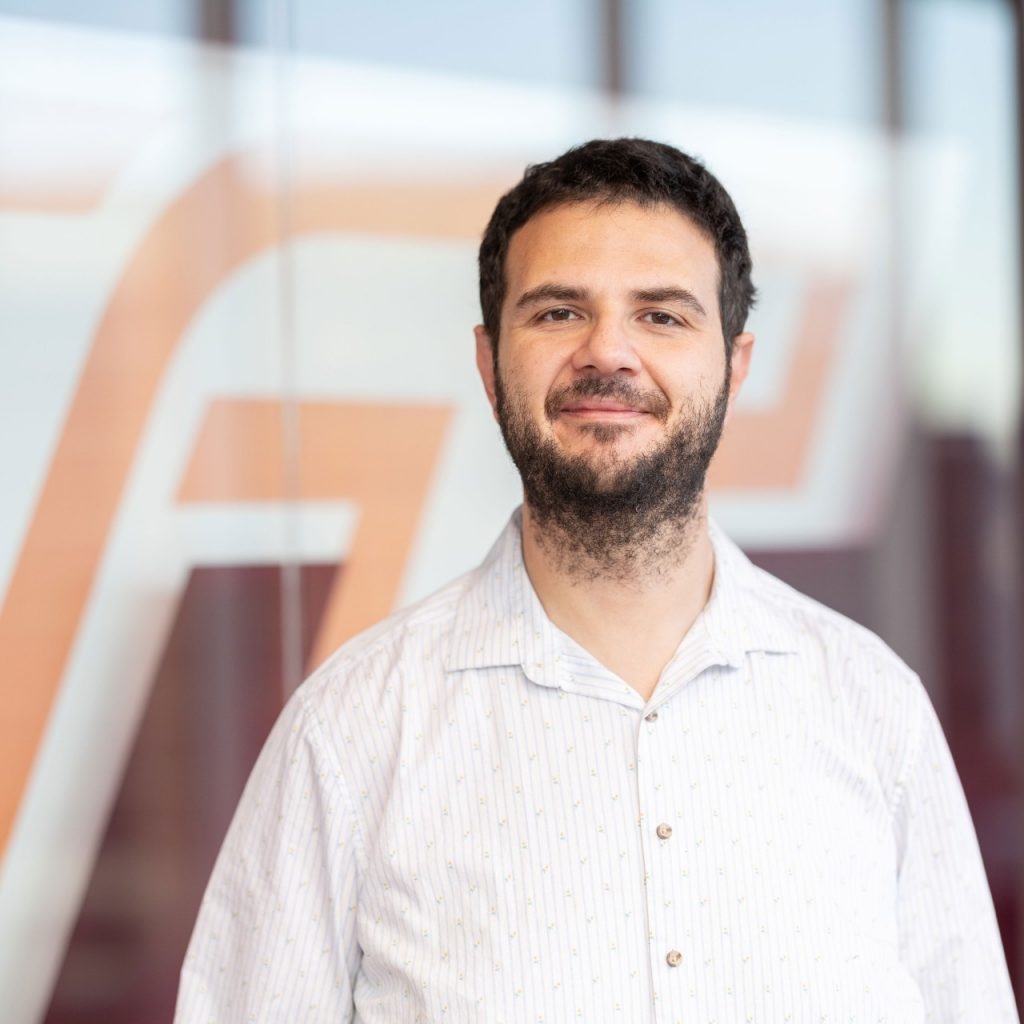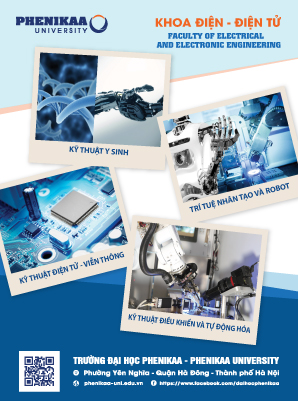Prof. Walid Saad
Talk Information
- Title: Artificial General Intelligence (AGI)-Native Wireless Systems with Common Sense
- Abstract: Next-generation wireless systems, such as 6G and beyond, are expected to tightly embed artificial intelligence (AI) into their design, giving rise to what is termed AI-native wireless systems. Remarkably, despite significant academic, industrial, and standardization efforts dedicated to AI-native wireless systems in the past few years, even the very definition of such systems remains ambiguous. Presently, most endeavors in this domain represent incremental extensions of conventional "AI for wireless" paradigms, employing classical tools like autoencoders, diffusion models, or large-language models to replicate established wireless functionalities. However, such approaches suffer from inherent limitations, including the opaque nature of the adopted AI models, their tendency toward curve-fitting, reliance on extensive training data, energy inefficiency, and limited generalizability to new, unseen scenarios and out-of-domain/out-of-
distribution data points. To surmount these challenges, in this talk, we unveil a bold, pioneering framework for the development of artificial general intelligence (AGI)-native wireless systems. We particularly show how the fusion of wireless systems, digital twins, and AI can catalyze a transformative paradigm shift in both wireless and AI technologies by conceptualizing a next-generation AGI architecture imbued with "common sense" capabilities, akin to human cognition and founded on three components: a) perception b) world model c) action-planning.
-
This architecture will empower networks with reasoning, planning, and other human-like cognitive faculties such as imagination and deep thinking. We first define the technical tenets of common sense and, subsequently, we demonstrate how the proposed AGI architecture can instill a new level of generalizability, explainability, and reasoning into tomorrow’s wireless networks. We then discuss how AGI-native wireless systems can unleash novel use cases such as digital twins with analogical reasoning, resilient experiences for cognitive avatars, and brain-level holographic experiences. Following the establishment of the foundational principles and components of AGI-native wireless systems, we take a significant stride forward by forging a link with the emerging concept of semantic communications. In doing so, we demonstrate how the integration of causal reasoning (a key component of our AGI vision) with semantic communication can usher in a new era of knowledge-driven, reasoning-capable AGI-native wireless systems. These systems represent a major departure from today’s data-driven, knowledge-agnostic models, offering enhanced sustainability and resilience in their design and operation. We present our recent key results, rooted in AI, theory of mind, digital twins, and game theory, laying the groundwork for the realization of AGI-native wireless systems, and illustrating how our designed framework reduces data volume in networks while enhancing reliability, crucial for next-generation wireless services like connected intelligence and holography. We conclude with a discussion on the exciting opportunities in this field that can help redefine the intersection of wireless communications and AI.Biography: Walid Saad (S’07, M’10, SM’15, F’19) received his Ph.D degree from the University of Oslo, Norway in 2010. He is currently a Professor at the Department of Electrical and Computer Engineering at Virginia Tech, where he leads the Network sciEnce, Wireless, and Security (NEWS) laboratory. His research interests include wireless networks (5G/6G/beyond), machine learning, game theory, security, UAVs, semantic communications, cyber-physical systems, and network science. Dr. Saad is a Fellow of the IEEE. He is also the recipient of the NSF CAREER award in 2013, the AFOSR summer faculty fellowship in 2014, and the Young Investigator Award from the Office of Naval Research (ONR) in 2015. He was the (co-)author of twelve conference best paper awards at IEEE WiOpt in 2009, ICIMP in 2010, IEEE WCNC in 2012, IEEE PIMRC in 2015, IEEE SmartGridComm in 2015, EuCNC in 2017, IEEE GLOBECOM (2018 and 2020), IFIP NTMS in 2019, IEEE ICC (2020 and 2022), and IEEE QCE in 2023. He is the recipient of the 2015 and 2022 Fred W. Ellersick Prize from the IEEE Communications Society, of the IEEE Communications Society Marconi Prize Award in 2023, and of the IEEE Communications Society Award for Advances in Communication in 2023. He was also a co-author of the papers that received the IEEE Communications Society Young Author Best Paper award in 2019, 2021, and 2023. He was also an IEEE Distinguished Lecturer in 2019-2020. He has been annually listed in the Clarivate Web of Science Highly Cited Researcher List since 2019. Dr. Saad is the Editor-in-Chief for the IEEE Transactions on Machine Learning in Communications and Networking.
Topic: 6G, machine learning, semantic communications, quantum communication, scyber-physical systems


